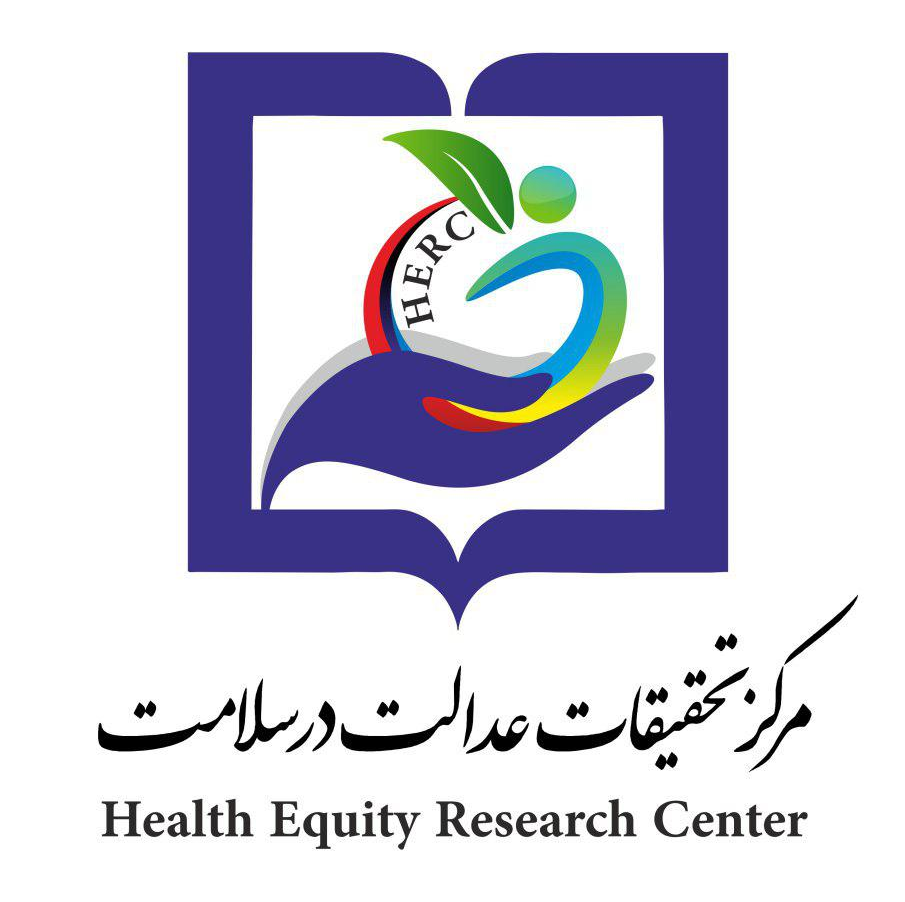Abstract
Background
Integrated early childhood development (IECD) is a comprehensive approach to optimal development of children in different developmental domains from fetal stage to eight years of age. The aim of this study was to identify the factors affecting the process of policy-making for early childhood development and to clarify how these factors affect decision-making and create challenges in this regard.
Method
In a qualitative study, we used two main data sources including document analyses and interviews. Using purposive sampling, forty semi-structured interviews with policymakers and informants in the fields related to children were conducted in Tehran from October 2017 to June 2018. Also, 62 national and 10 international relevant documents were reviewed. A deductive-inductive approach was used to analyze the data. We used the MAXQDA11 software for data management.
Results
we identified 13 themes and 29 subthemes related to the stages of policymaking process including: Agenda setting (problem stream, policy stream, politics stream), Policy formulation (formulation and approval process, policy sustainability, mechanisms of stakeholders’ participation in policymaking), Policy implementation (conceptual ambiguity, intersectoral and trans-sectoral issues, structural capacities, mobilization of resources), and Policy evaluation (continuous and routine data registry system, comprehensiveness of indexes). We propose 19 policy recommendations to improve the situation.
Conclusion
As a multidisciplinary and multi-sectoral field with different domains, early childhood development (ECD) requires a more active role on the part of policymakers in governmental levels in supporting the related policies. Unless policymakers change their approach to decrease nonintegrated and non-comprehensive policymaking for ECD, child development will be compromised, which endangers the eventual sustainability of the society since improved IECD policy-making process improves developmental outcomes in children. In this regard, attention should be paid to the role of reinforcing intersectoral collaboration through incorporating it in the missions and the evaluation items of organizations, creating commitment in high organizational levels, and developing an inter-ministerial policymaking framework that clearly specifies the roles and responsibilities of every single sector and their interactions and collaborations.



No responses yet